Number Recognition Numbers 11–20 Worksheets for Ages 3-5
10 filtered results
-
From - To
Help your little learners master number recognition with our engaging "Numbers 11–20 Worksheets" designed specifically for ages 3-5. Our printable worksheets provide fun and interactive activities that support early math skills, allowing preschoolers to identify and count numbers from 11 to 20. Each worksheet features colorful illustrations, stimulating exercises, and developmental tips to enhance your child's learning experience. Packed with tracing, coloring, and matching tasks, these resources make learning numbers enjoyable and effective. Perfect for classroom use or at-home practice, our worksheets offer a fantastic way to build a solid foundation in number recognition. Empower your child’s confidence in math today!
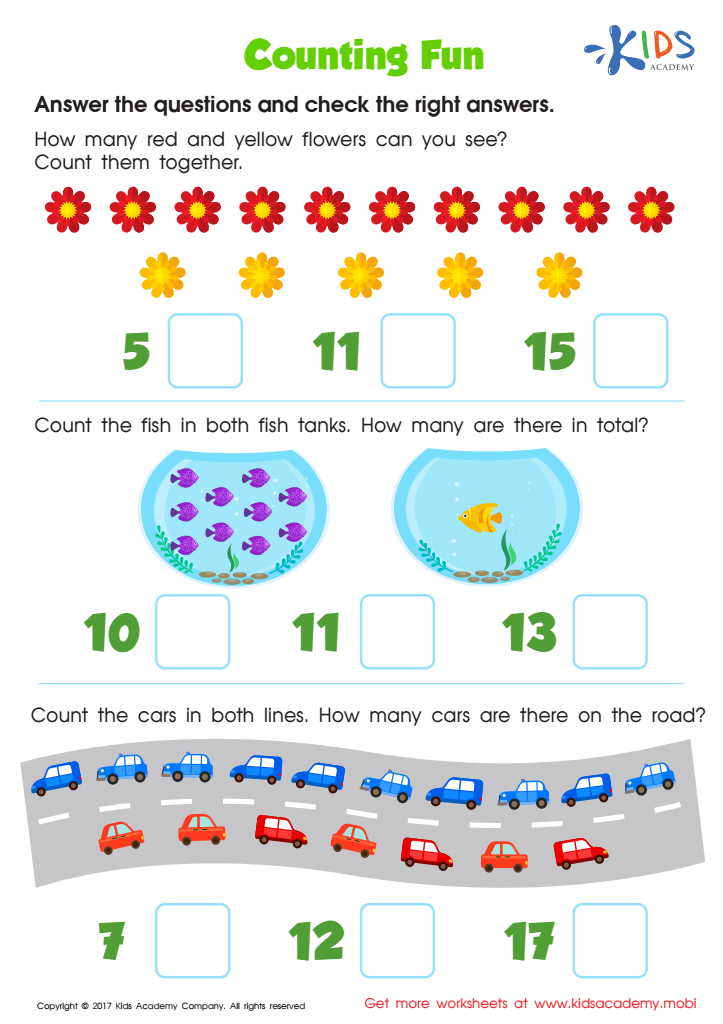

Counting Fun Worksheet
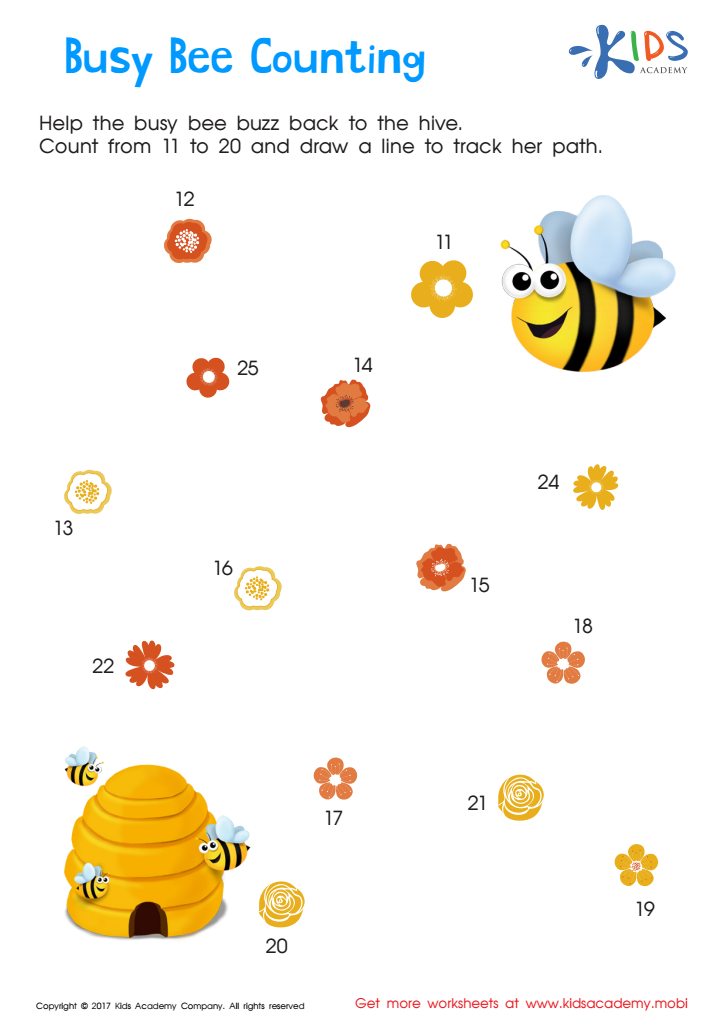

Ordering 11–20: Busy Bee Counting Worksheet
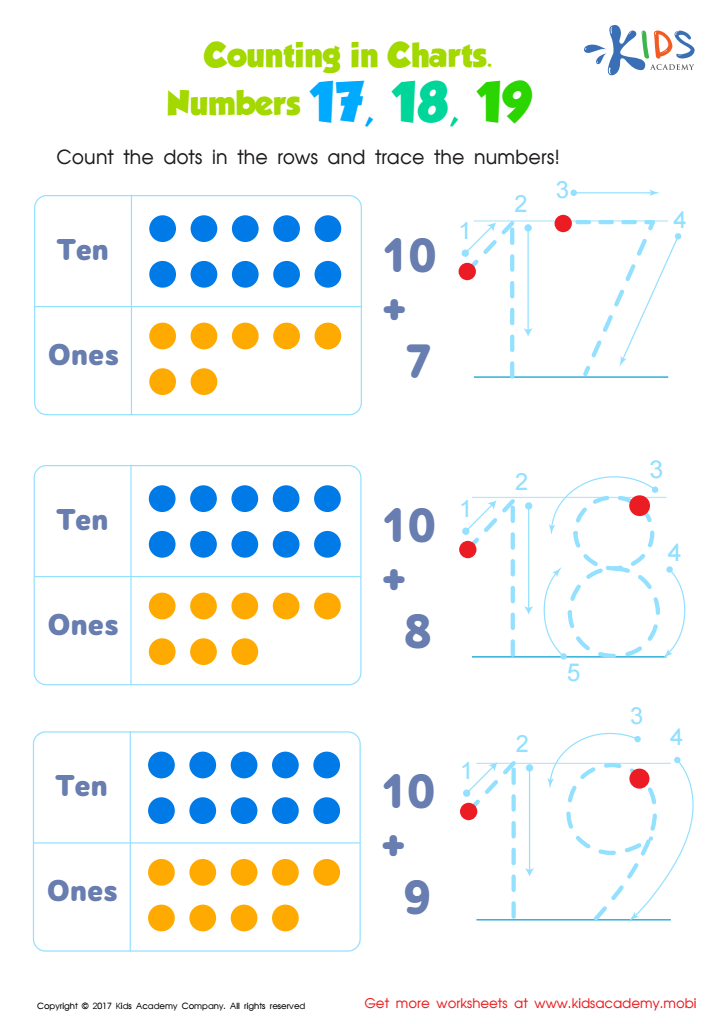

Kindergarten Number Tracing: Counting in Charts Worksheet
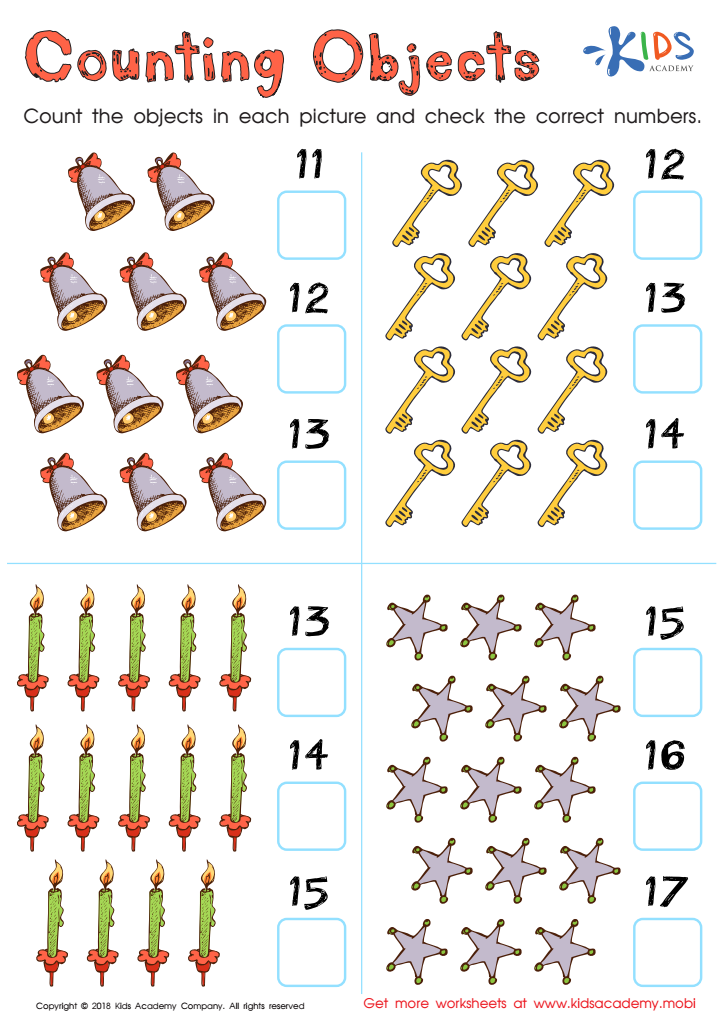

Counting Numbers Worksheet For Kindergarten
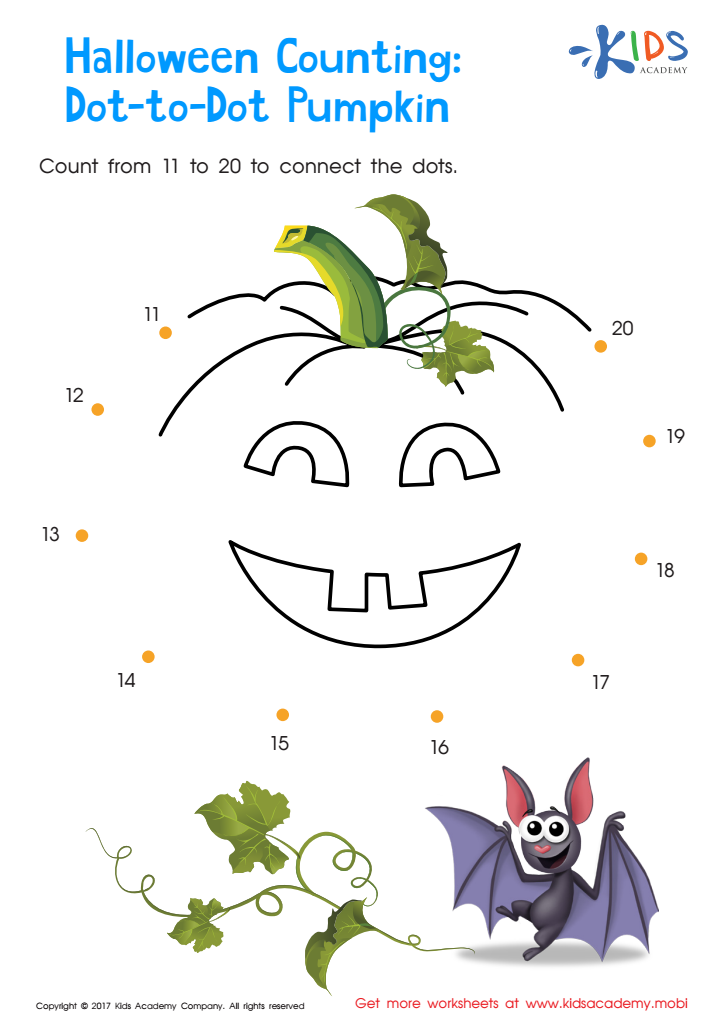

Ordering 11–20: Halloween Counting Worksheet
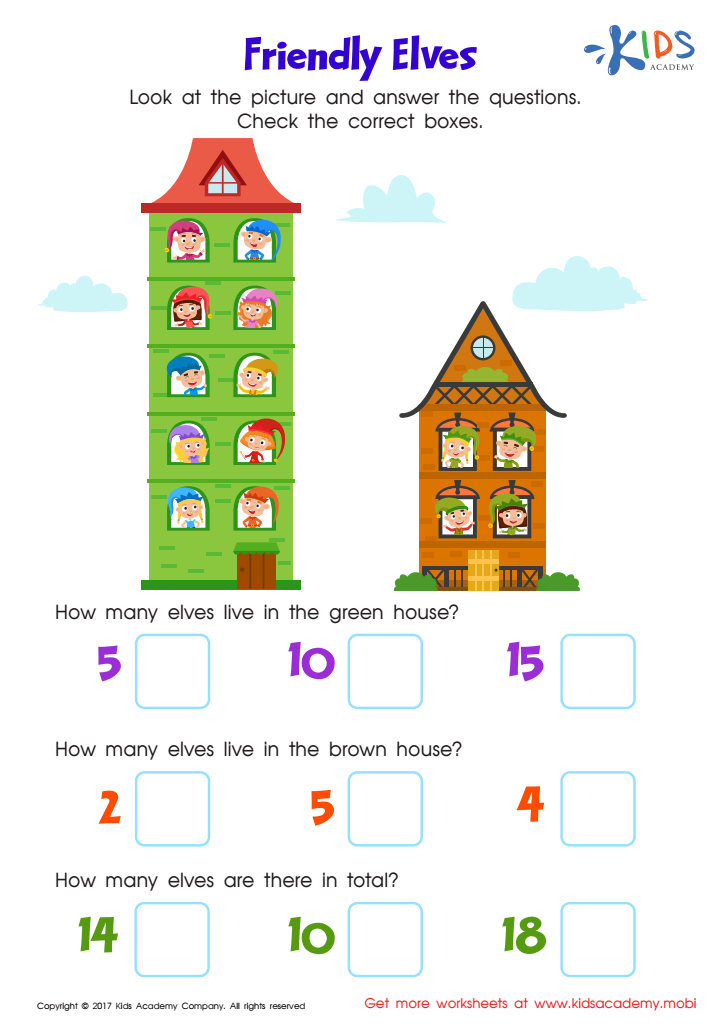

Place Value: Friendly Elves Worksheet
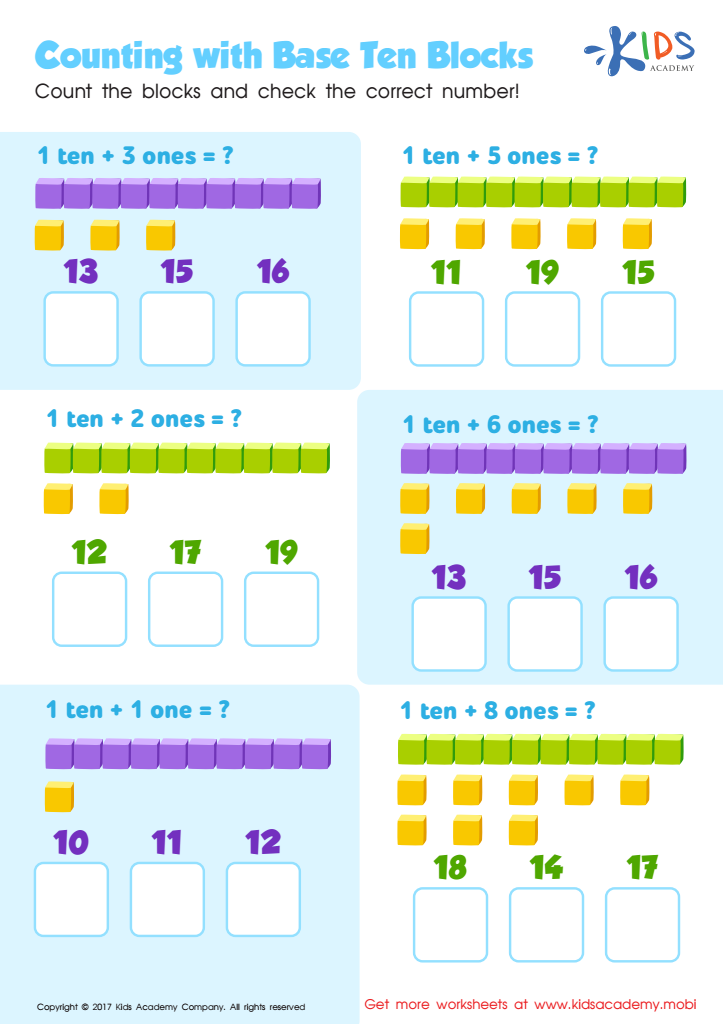

Counting with Base Ten Blocks Worksheet
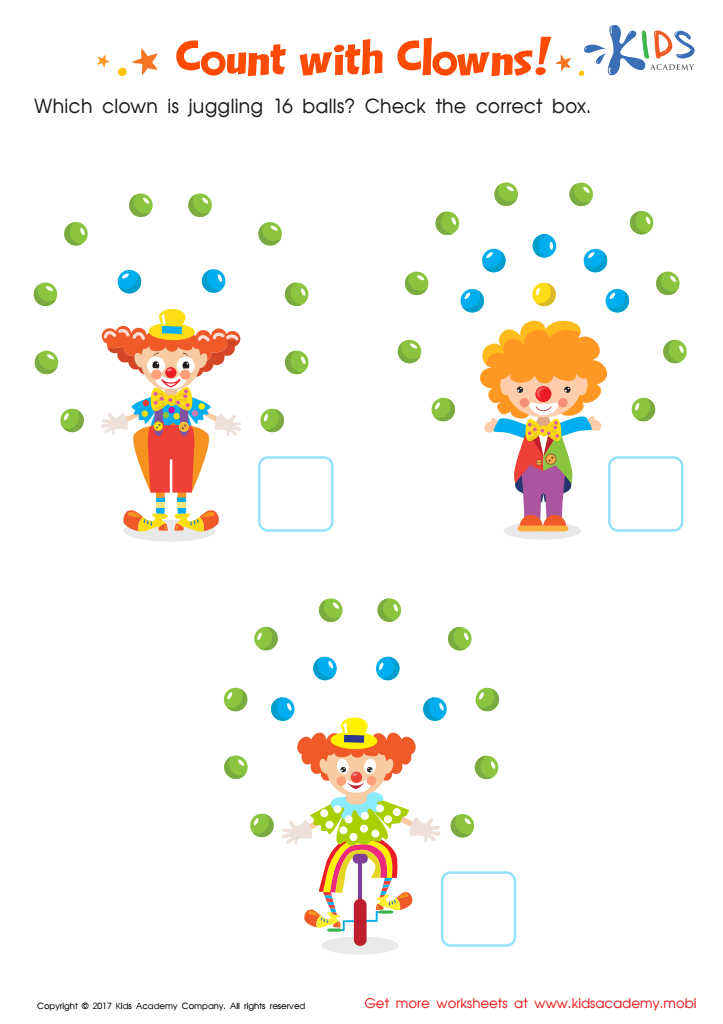

Count with Clowns Worksheet
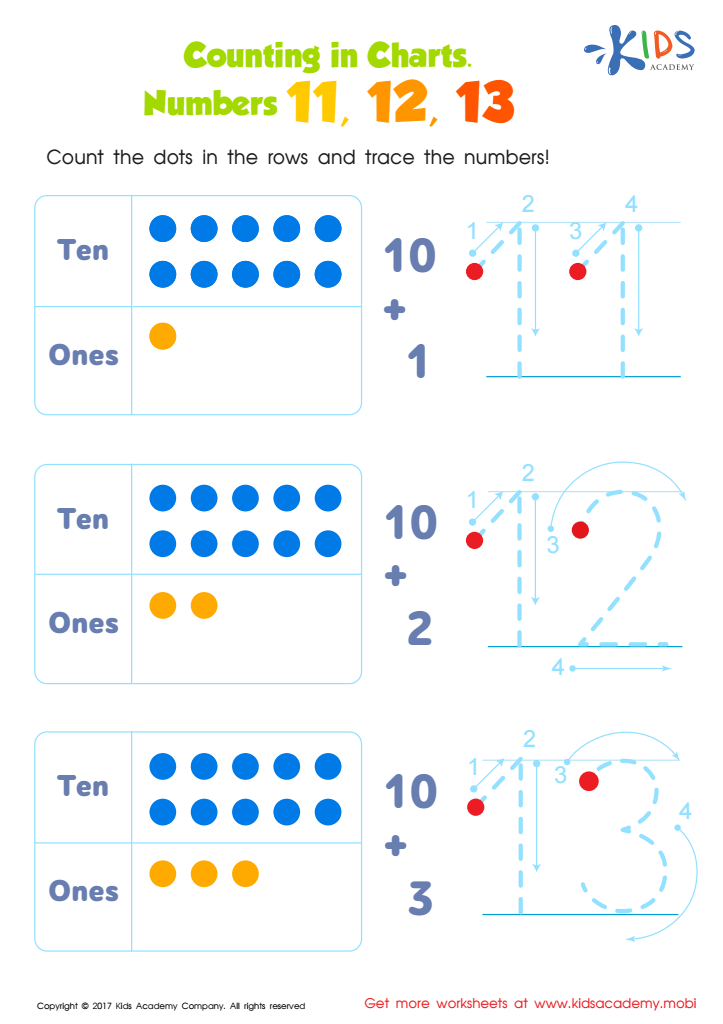

Number Tracing Worksheet For Kindergarten
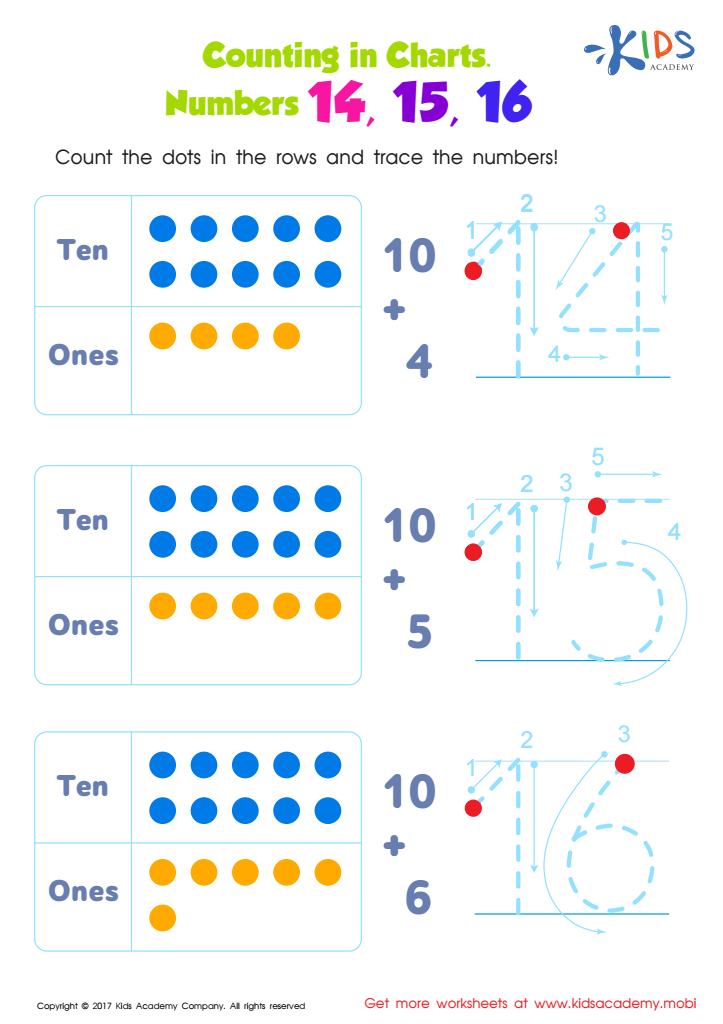

Number Tracing Worksheet
Number recognition for numbers 11-20 is a crucial developmental milestone for children aged 3-5, and both parents and teachers play a vital role in fostering this skill. During these early years, children are rapidly absorbing information and building foundational skills in mathematics. Recognizing numbers 11–20 helps them understand the sequence of numbers, which is essential for later concepts such as counting, addition, and subtraction.
By mastering these numerals, children enhance their confidence in math-related activities and problem-solving, which is fundamental for cognitive development. Moreover, early number recognition cultivates critical cognitive skills such as memory, attention, and pattern recognition, which benefit overall learning.
Engagement in fun and interactive activities, such as number games, counting songs, or hands-on learning with physical objects, encourages a positive attitude towards math. Parents and teachers can further enhance learning through everyday contexts, by pointing out numbers in the environment or during routine activities. This consistent exposure promotes a strong numeracy foundation, essential for future academic success.
In summary, supporting number recognition in the range of 11-20 is a strategic investment in a child’s future learning and self-confidence, making it a priority for the efforts of both parents and educators.
 Assign to My Students
Assign to My Students














